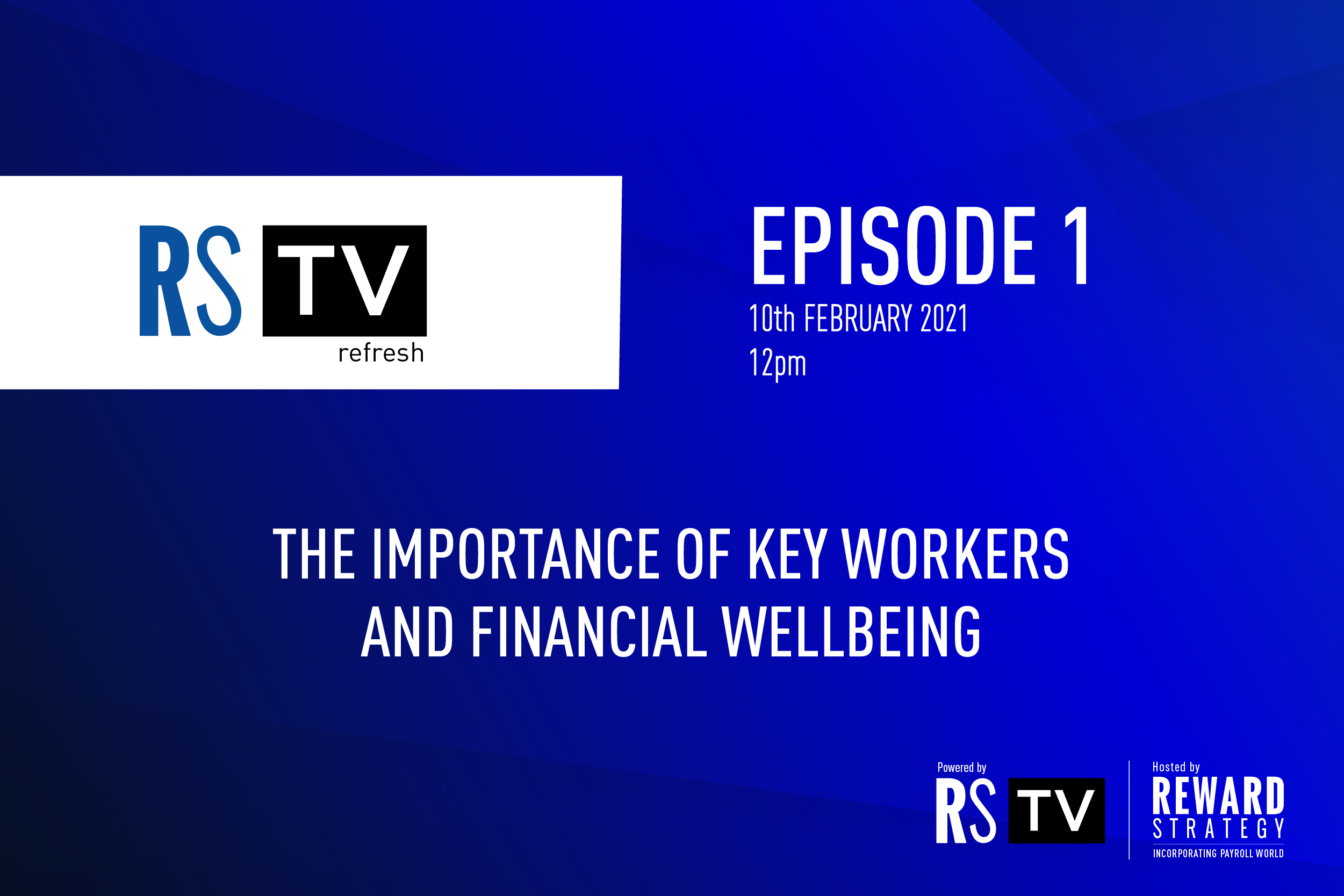Intelligence, community and recognition for pay and reward professionals.
Great expectations
Madeleine Mould, Associate at Blake Morgan, examines the standalone Private Members Bills which are primed to become law

For the last few years, employment lawyers have been eagerly awaiting a new "Employment Bill", which would implement significant reforms promised by the Government. Expectations waned as time went on, but last year, it chose to support some standalone Private-Members’ Bills. These have been proposed by MPs across the political spectrum and have received cross-party support. Whilst implementation is not imminent, progress is welcome. Here are some examples:
Neonatal Care Leave and Pay
The Neonatal Care (Leave and Pay) Bill is currently in the House of Lords. The Bill introduces a right for employees to take leave when their child is receiving or has received neonatal care, medical or palliative care within 4 weeks of the child’s birth, that lasts at least one week. This right would apply from day one of employment but does not extend to workers? Leave would be taken in one-week increments, within an expected 68 weeks of the child’s birth. Employees with at least 26 weeks’ service by the end of the "relevant week" will also receive neonatal care pay. The "relevant week" is defined by reference to other rights (maternity, paternity or adoption pay as applicable) or, where none of these apply, it is the week immediately before the week in which neonatal care starts.
Carer’s Leave
The Carer’s Leave Bill is at the Report Stage, having completed its first and second readings in the House of Commons. If enacted, it will introduce a right to one week’s unpaid leave in any rolling 12-month period, to provide or arrange care for a dependant with a long-term care need. It will be a day one right for employees. Again, further details will be set out in secondary legislation.
Flexible Working
Also at the Report Stage is the Employment Relations (Flexible Working) Bill.
This would allow employees to make two requests in each 12-month period; remove the employee’s obligation to make suggestions about how to mitigate any effects of the requested change; oblige employers to consult with employees before making a decision; and reduce the maximum decision period from three months to two months (unless a longer period is agreed between the parties).
Redundancy Protection
Protection from Redundancy (Pregnancy and Family Leave) Bill is also at the Report Stage in the House of Commons. It follows a consultation in 2019 regarding the possible extension of protections which currently only apply to employees on maternity leave, when they are placed at risk of redundancy. The Bill would grant the Secretary of State power to make/amend secondary legislation to extend this protection to any employee who is or has been pregnant, or is taking or has taken maternity leave, shared parental leave and/or adoption leave. The protections are expected to apply for 18 months after the child’s birth or adoption and to parents who have taken shared parental leave after a birth or adoption, but this remains to be set out in secondary legislation.
The nature of the protection itself is not changed: employees who qualify for protection would effectively have a right of first refusal in relation to any suitable alternative vacancy, triggered when it becomes no longer practicable because of redundancy for their employer to continue to employ them under their existing contract of employment.
Tips
Currently awaiting its second reading in the House of Lords, the Employment (Allocation of Tips) Bill is intended to ensure that all tips, gratuities, and service charges paid by customers are allocated to workers, whether they are received by the worker themselves (but subject to employer control) or by the employer directly. The tips must be allocated fairly between workers, with reference to any Code of Practice that may be published and must be paid to the worker by the end of the month in which they were received. Employers will also be required to have a written policy on how they deal with tips, and keep adequate records.
Sexual Harassment
The Worker Protection (Amendment of Equality Act 2010) Bill, also currently at the Report Stage in the House of Commons, proposes a statutory duty on employers to proactively take steps to prevent sexual harassment, and to reintroduce employers’ liability for harassment by third parties where it failed to take reasonable steps to prevent the harassment. Having first been recommended by the EHRC in 2018, it was not until July 2021 that the Government committed to introducing these reforms.





